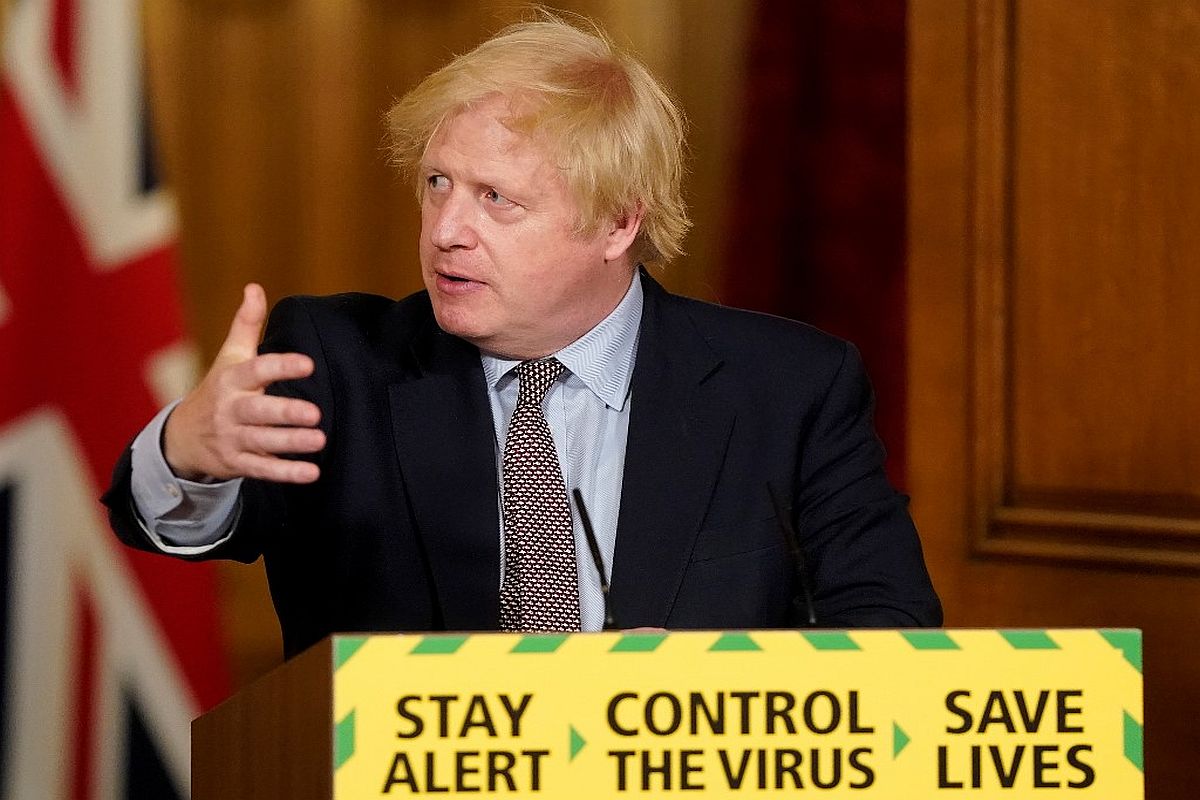There is a quirky disconnect in Boris Johnson’s purported policy of Open Sesame directed towards three million citizens from embattled Hong Kong. The spirit of the endeavour, pre-eminently to give UK citizenship to people from Hong Kong is a remarkable offer from a government that has spent four years (ever since June 2016) wrestling with Brexit so as to end the free movement of people from Europe.
Seldom, if ever, have the two sides of the highly emotive citizenship coin been so jarring; indeed the gesture to the Hong Kong citizens runs counter to the idea of Brexit. Very pertinently has it been remarked that one door is being shut for another to be opened and the move by 10 Downing Street is bound to ruffle feathers in China.
Advertisement
The argument in government circles is that Brexit was never about halting migration, but about sovereignty and the right of the UK to control its own migration policy by selecting those with the skills most needed in the UK. Arguably, those now at the helm of the Tories are the archetypal beneficiaries of migration.
The family of the home secretary, Priti Patel, once fled Uganda. The father of the foreign secretary, Dominic Raab, came to the UK from Czechoslovakia in 1938 at the age of six following the Munich agreement, which gave parts of Czechoslovakia to Nazi Germany. The grandparents of the Chancellor, Rishi Sunak, arrived in the 1960s from east Africa. Even the Prime Minister, a product of Eton and Oxford, boasts Turkish and American ancestors. They are not quite citizens of nowhere ~ the phrase once used by Theresa May with tongue firmly in cheek.
All four have backgrounds of political asylum. Mr Johnson is acutely aware that the patience of the average Hong Kong citizen is now sorely tried, and not the least by the intervention by President Xi Jinping’s government in a matter pertaining to national security. And the mounting disaffection can thus be contextualised with the policy of Open Sesame across the oceans. After the handover to China in 1997, Hong Kong citizens have been in a halfway house.
They can hold a British national overseas passport, providing them consular assistance and protection through diplomatic posts, but they do not have the automatic right to live or work in the UK. Those born after 1997 would have no rights. There is little doubt that recent trends have prompted Johnson to effect a change in policy. With protests becoming ever more violent in Hong Kong and elections producing pro-democracy legislatures, the possibility that China would wreak revenge and end the “one country, two systems” arrangement could not be discounted.
A cross-government contingency planning group was set up in September. While we do not know what its recommendations are, Boris Johnson has doubtless sent an unpalatable signal to the People’s Republic of China and its proteges in the island nation with Wednesday’s overture.











